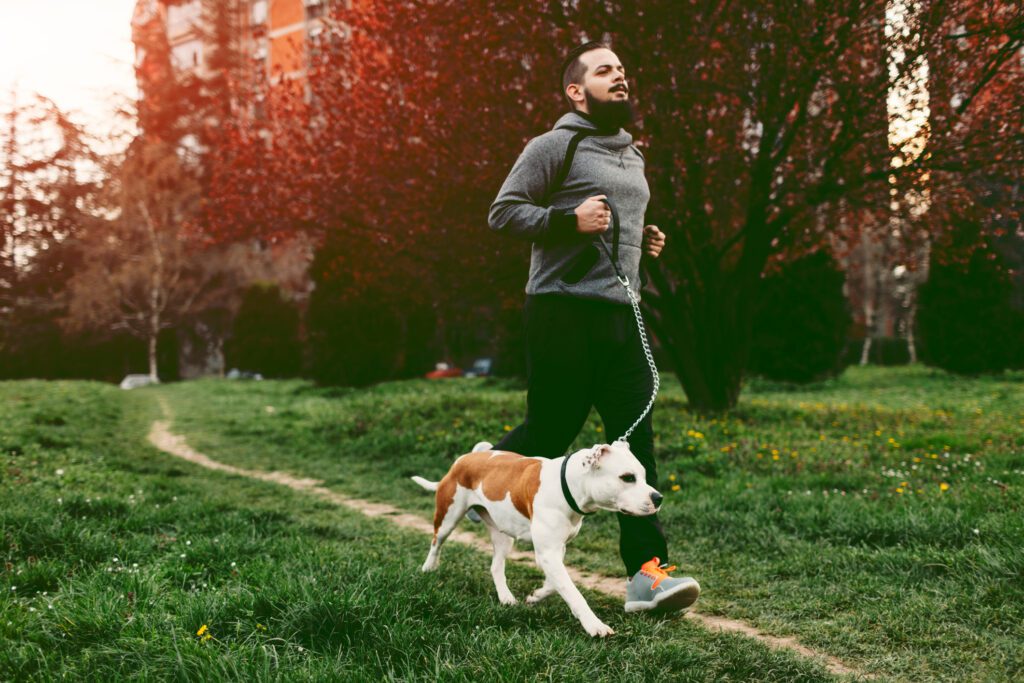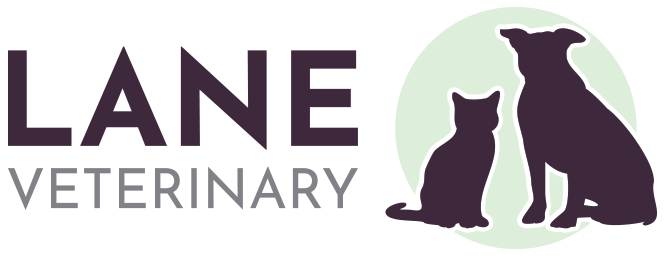Dog Obesity: Helping Your Furry Friend Shed Those Extra Pounds
We know how much you love your four-legged family members. Let’s be real—who can resist giving their dog a treat (or two or three) when they flash those adorable puppy eyes? But just like in people, a few extra treats here and there can add up, leading to a not-so-healthy weight for your pup. So today, let’s chat about a topic that’s affecting a growing number of American dogs: obesity.

The Growing Concern of Dog Obesity
Obesity isn’t just a human problem anymore. More and more dogs are packing on the pounds, and it’s becoming a real issue. Did you know that over half of dogs in America are overweight? Yep, it’s true!
The Link Between Obesity and Health Problems in Dogs
Carrying extra weight isn’t just a cosmetic concern for dogs—it can lead to serious health issues like diabetes, joint pain, and even a shorter lifespan. Now, we’re not trying to scare you, but we do want you to know the risks so you can take action.
Identifying the Signs: Is Your Dog Overweight?
Okay, so how do you know if your dog is overweight? Well, there are some tell-tale signs like difficulty walking, shortness of breath, or a lack of visible waistline. But the best way to know for sure is to consult with a veterinarian.
Veterinarian-Recommended Weight Assessment Tests
A simple weigh-in at the vet can give you a baseline, but additional tests may be necessary for a complete assessment. Your vet might also perform a “body condition score” to evaluate your pet’s overall health in relation to their weight. Please give us a call at (630) 320-6644 or book an appointment online to get a professional assessment.
Tips to Help Your Dog Lose Weight Safely
Alright, so let’s say your dog could stand to lose a couple of pounds. What’s the next step? It’s tempting to put your dog on a “diet,” but that’s something you should only do under the guidance of a veterinary professional.
The Role of Diet and Exercise in Weight Management
Diet and exercise play a crucial role in your dog’s weight loss journey. Your vet may recommend a special diet that’s lower in calories but still nutritionally balanced. Exercise is equally important—just like it is for us humans! Whether it’s going for longer walks, playing fetch, or even swimming, physical activity can help your pup shed those extra pounds. However, before making any changes, consult your vet for a tailored plan that’s best suited for your dog. Weight loss should be a gradual process to ensure it’s healthy and sustainable.
Well, that’s the lowdown on helping your furry friend achieve a healthier weight. Remember, you’re not in this alone—our team at Lane Veterinary in Hinsdale, IL, is here to guide you every step of the way. Ready to get started? Call us at (630) 320-6644 to make an appointment or book one online. Your pup will thank you, and so will their tail-wagging buddies!
Recent Posts
About Us
Choosing a vet means entrusting your pet’s care and well-being to capable hands. Lane Veterinary strives to be a lifetime vet for you and your family, being the people you can always lean on for support and guidance. As a privately owned practice, we stand to give people and their pets the one-on-one care and attention they deserve in a calm and comfortable setting.
